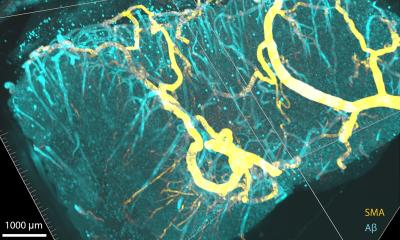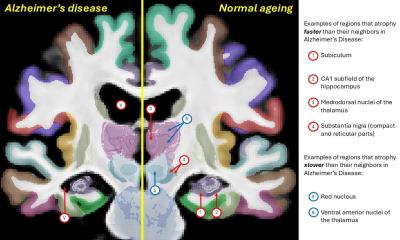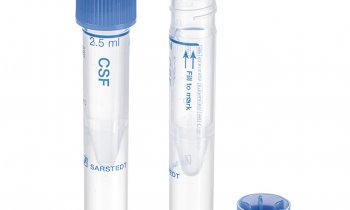News • Ground-breaking
Researchers identify likely cause of Alzheimer’s disease
Researchers have discovered a likely cause of Alzheimer’s disease. The study, tested on mouse models, identified that a probable cause of Alzheimer's disease was the leakage from blood into the brain of fat-carrying particles transporting toxic proteins.

Lead investigator Curtin Health Innovation Research Institute (CHIRI) Director Professor John Mamo said his collaborative group of Australian scientists had identified the probable 'blood-to-brain pathway' that can lead to Alzheimer's disease, the most prevalent form of dementia globally.
"While we previously knew that the hallmark feature of people living with Alzheimer's disease was the progressive accumulation of toxic protein deposits within the brain called beta-amyloid, researchers did not know where the amyloid originated from, or why it deposited in the brain," Professor Mamo said.
Mamo added: "Our research shows that these toxic protein deposits that form in the brains of people living with Alzheimer's disease most likely leak into the brain from fat carrying particles in blood, called lipoproteins. This 'blood-to-brain pathway' is significant because if we can manage the levels in blood of lipoprotein-amyloid and prevent their leakage into the brain, this opens up potential new treatments to prevent Alzheimer's disease and slow memory loss."
Building on previous award-winning research that showed beta-amyloid is made outside the brain with lipoproteins, Professor Mamo's team tested the ground-breaking 'blood-to-brain pathway' by genetically engineering mouse models to produce human amyloid-only liver that make lipoproteins.
"As we predicted, the study found that mouse models producing lipoprotein-amyloid in the liver suffered inflammation in the brain, accelerated brain cell death and memory loss," Professor Mamo said. "While further studies are now needed, this finding shows the abundance of these toxic protein deposits in the blood could potentially be addressed through a person's diet and some drugs that could specifically target lipoprotein amyloid, therefore reducing their risk or slowing the progression of Alzheimer's disease."
Alzheimer's WA Chairman Adjunct Professor Warren Harding said the findings may have a significant global impact for the millions of people living with Alzheimer's disease. "Having universities like Curtin working with the pharmaceutical industry is important if we are to tackle this devastating disease," Mr Harding said. "In Australia, approximately 250 people are diagnosed with dementia daily, adding to the staggering half a million Australians who are already living with dementia. Without significant medical advances like the breakthrough Professor Mamo's team has made, it is estimated that the number of Australians living with dementia will exceed one million by 2058. This has a significant impact on families, carers and communities."
Professor Mamo and his research team's previous research in this area was awarded the NHMRC-Marshall and Warren Award for the most innovative and potentially transformative research.
Currently, the team is conducting a clinical trial, the Probucol in Alzheimer's-clinical trial, which is based on previous findings that a historic cardiovascular agent lowers lipoprotein-amyloid production and supports cognitive performance in mice.
The study was published in PLOS Biology.
Source: Curtin University
16.09.2021






